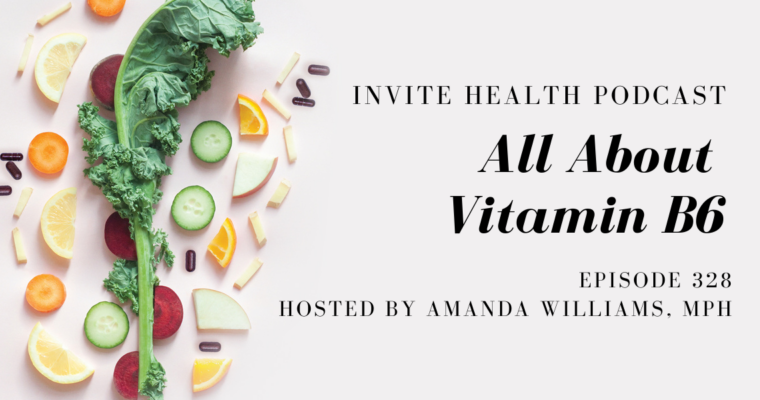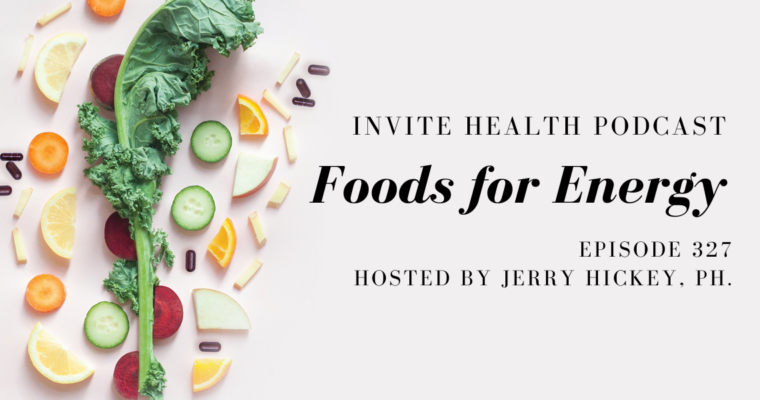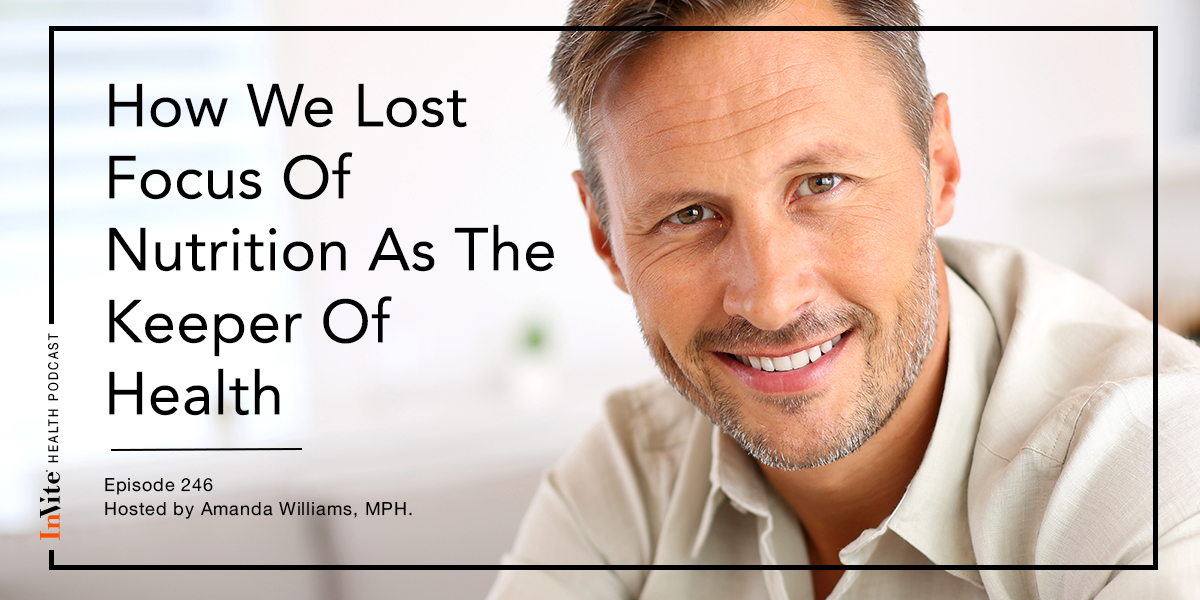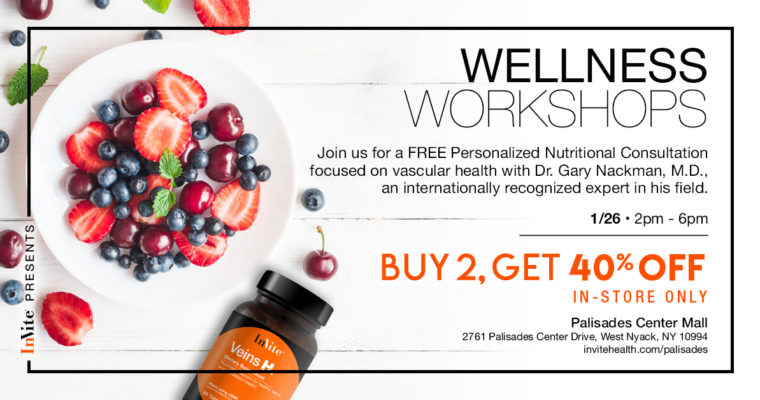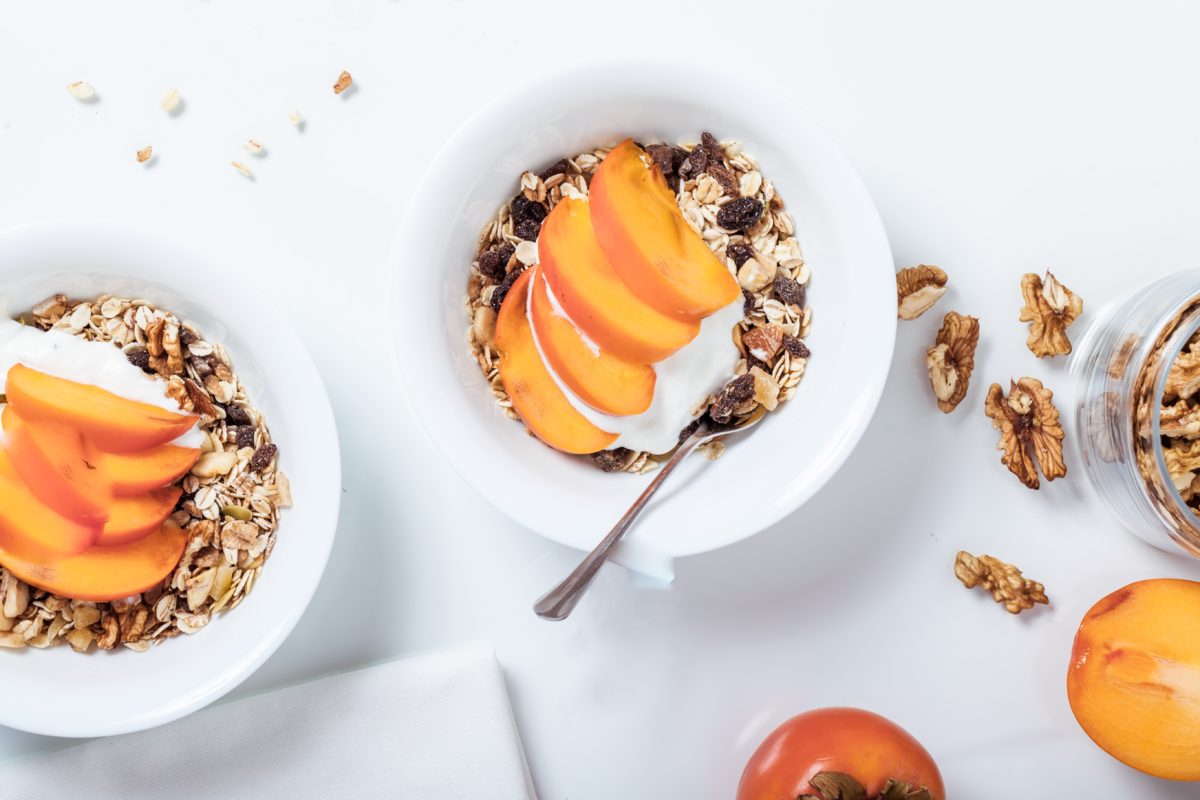? by Alexander Mils instagram.com/alexandermils on Unsplash
Written By Patricia Pimentel Selassie, ND, CNS
In the Standard American Diet (SAD), breakfast is typically composed of heavy, highly refined carbohydrate foods such as cereal, waffles, pancakes, toast, muffins, danishes, donuts, biscuits and orange juice. These refined carbohydrates enter your blood stream as glucose, or sugar, providing quick energy. Now, this would be an ideal breakfast choice for the day you run a marathon, but most often the only place we run to is our cubical at work, our desk at school, or our couch on the weekends. With our mornings spent sitting and our blood full of glucose, our bodies secrete insulin to remove the sugar from our bloodstreams and harmfully transfer it into our muscles and our vital organs.
What happens when you have high blood sugar?
Any time our blood sugar is high, we cause damage to our blood vessel walls and nerve tissue in a process called glycation. To avoid this, the pancreas overcompensates by dumping more insulin into our bloodstream. This process results in a hypoglycemic state, where excess sugar gets stored as fat. This results in the majority of our bodies having too high proportions of fat in three types –
- The standard American with a BMI of greater than 30, indicating obesity.
- The apple-shaped adult with the large belly containing visceral adipose tissue (VAT) fat, the dangerous fat packed around organs.
- A ‘skinny-fat’ individual; commonly thought of as healthy but are full of fat and have little muscle.
Epidemiologists are beginning to demonstrate that having fat in place of muscles or lean tissues could be more of an indicator of poor health than having a high Body Mass Index.¹ Obesity leads to chronic illnesses such as diabetes and heart disease. Belly fat leads to fatty liver or hyperlipidemia. Skinny fat leads to osteoporosis and frailty as we age.
How eating a healthy breakfast benefits your overall wellness
Research shows that eating protein in the morning (as opposed to leaving protein for evening meals) has multiple benefits for maintaining proper body composition. Protein gets digested more slowly than carbohydrates, adding a sustained sugar release into the bloodstream that is maintained over a longer amount of time. There is no longer a rapid or spiked insulin response. Blood sugar is secreted into the tissues at a more even rate, and is used as it is received. It has been demonstrated that if protein is eaten in the morning (as opposed to a carbohydrate equivalent), subsequent caloric intake is reduced for the rest of the day.² This is good news for those of us who are obese, as protein as a healthy breakfast would naturally reduce food intake, without the feeling of deprivation. Apple-shaped individuals may be able to tighten their belts by eating protein for breakfast, as it encourages a decreased amount of carbohydrates later in the day that would otherwise be stored as belly fat. Furthermore, protein in the morning helps our bodies build and repair muscle tissue more effectively throughout the day, whereas saving protein for evening meals does not appear to be as beneficial for muscle maintenance.³ Maintaining lean muscle tissue is one of the first ways to get rid of unwanted fat in obese, underweight or ‘skinny-fat’ individuals.
Is Whey Protein the best ‘Whey’ to recover from exercise and promote weight loss?
It appears that eating a healthy breakfast also stops carbohydrate cravings later in the day by affecting hormone and brain signaling that controls food regulation, leaving a more satiated and nutritionally nourished individual.⁴ In fact, obese individuals looking to lose weight may find success with the addition of a protein breakfast, leading to decreased food intake, decreased body weight, and increased satiety due to positive hormonal influences.5 It’s clear that protein appears to be the variable that influences satiety by decreasing ghrelin, the hormone that signals individuals to eat, and by increasing PyY3-36, which reduces appetite. 6And by eating most calories in the beginning of the day as opposed to the end of the day, we find better insulin responses resulting in weight loss as fat loss rather than a loss in muscle or lean tissue.7
Next, only a few of us can report feeling even-tempered and satiated, all while maintaining good cognitive performance throughout our day. Most deal with high and low moods and times when fatigue sets in. Many describe brain fog affecting performance. These issues can be directly related to blood sugar imbalances due to meals of highly refined carbohydrates.8 Having a higher protein breakfast may reduce cravings after meals and may increase dopamine levels, the neurotransmitter responsible for memory, recall, and learning.9 More research on orexin, a neuropeptide that signals the brain when we have eaten protein, has demonstrated that protein plays a role in energy and motivation.¹º If the orexin receptor is not stimulated, the result is fatigue and sleepiness.¹¹ A change in breakfast choice could be the solution to achieving a stellar performance in school or work.
Healthy breakfast alternatives
So what are some fast and easy ways to incorporate protein into your morning routine? If you are looking for a SAD food suggestion, you could go for eggs and turkey bacon from organically fed, pastured poultry. Keep in mind that eggs are one of the most common food intolerances and might not be the right choice for you. For those looking to stay away from a SAD diet, these options may help –
- Add nuts and/or yogurt (Greek, goat, almond, or coconut) to your cereal.
- Replacing cream cheese or butter with a nut or seed butter like almond butter or tahini can increase protein levels in your morning meal.
- Eating leftover dinner, or better yet, cooking dinner foods for breakfast; it might seem out of the ordinary, but not so hard to do if health is a motivator. In other cultures, soup is a very normal and healthful choice. Miso soup and lentil soup contain high protein and are nutrient-dense.
- If cognitive function is a motivator for you, then consider eating sardines and greens.
Having no time is no longer an excuse!
In this society, breakfast is often skipped due to lack of time for preparation. Before grabbing a piece of toast for your long commute or driving children to school, consider making a protein shake for breakfast. Start with a scoop or two of a protein powder like whey protein, soy protein, and meal replacement powder. Add in organic flaxseed powder, some seasonal fruit like berries or peaches, chopped kale or spinach, and unsweetened coconut milk or almond milk. Blend and drink. If you are really in a rush, place a scoop of one of the protein powders in a shaker bottle with some unsweetened chocolate almond milk and fly out the door knowing you will be maintaining your muscle and using your fat as fuel, all while feeling like a champion – more satiated, focused, and even-tempered – throughout your day. Enjoy!

